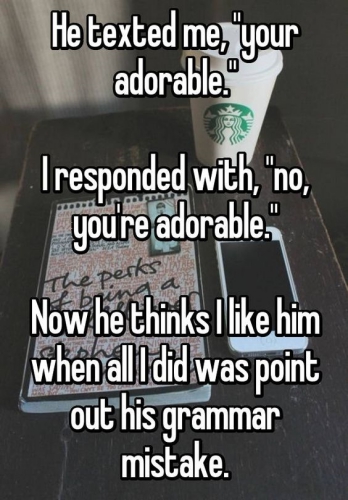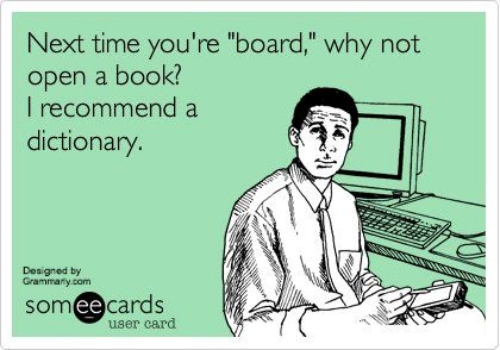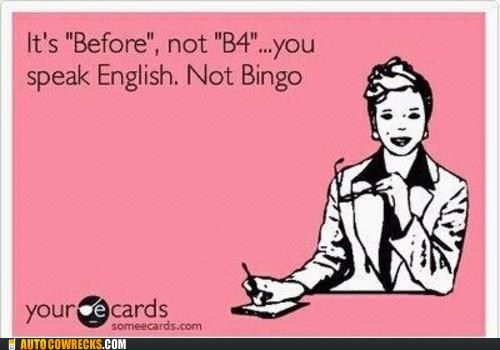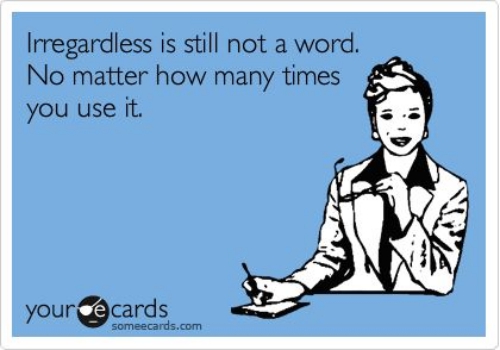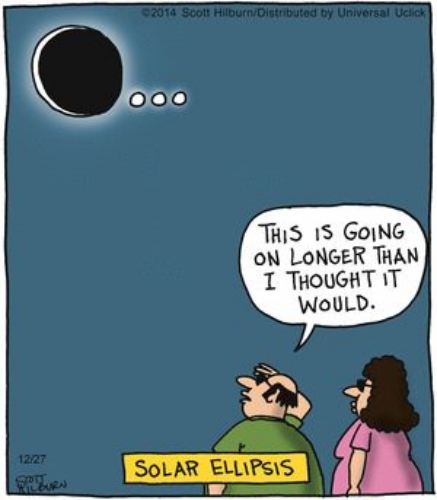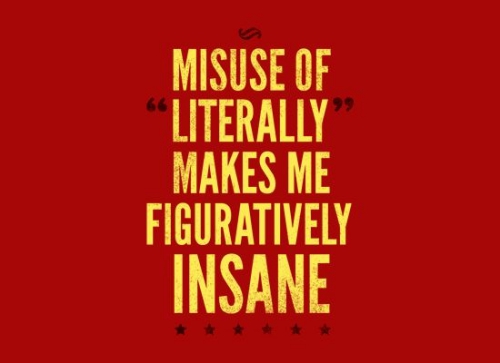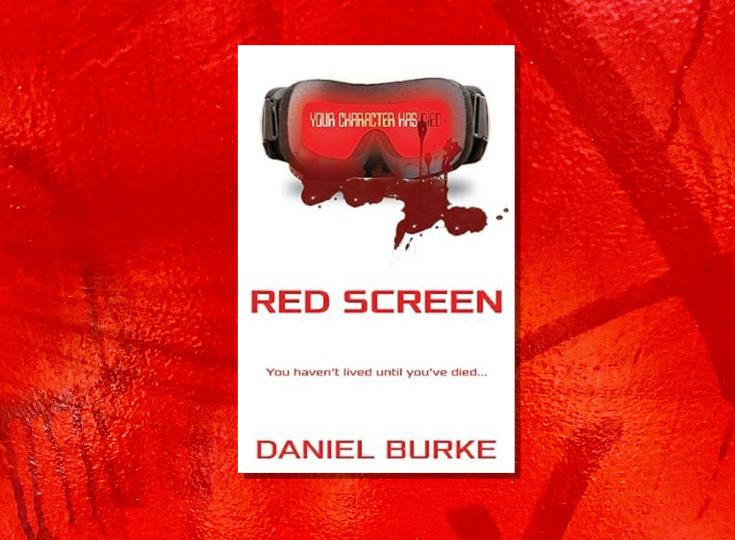Watch Your Grammar! 7 Funny Grammar Memes

Readers can forgive a lot of things if they find a novel interesting or entertaining, but bad grammar is not one of them. This is why many authors make use of copy editors to ensure that there are no grammatical errors present in their novels. After all, grammatical rules are not just designed to frustrate authors, but have a practical purpose in writing. Without proper grammar, it can be harder for readers to understand the story or enjoy the writing without getting distracted. However, as serious as this topic is for voracious readers who have a good grasp of the English language, it is also something that is often parodied with memes. Here are just a few of our favorite grammar memes that any reader can empathize with.
Apostrophes Matter
From showing possession to making a contraction, there can be no doubt about the importance of apostrophes in proper grammar. The omission, or even worse inclusion, of apostrophes can cause quite a bit of confusion for readers. Unfortunately, as the meme above so aptly demonstrates, it can even lead to misunderstandings if used correctly in the presence of those with less than stellar grammar, so watch out!
Watch Out For Homophones
Figuring out how to spell a word is typically easy enough if you pay close attention to how it is pronounced. However, in the case of homophones, things are a little trickier. These words that have different spellings and meanings, despite sounding the same, have tripped up quite a few people. To, two and too tend to be the most common ones, but brake and break, aloud and allowed, peak and peek, as well as many others keep cropping up.
The Dreaded Abbreviations
There's nothing wrong with abbreviations, but if other people begin wondering if they need a translator to figure out what you are saying, then you might have gone to far. Usually it's not the authors who commit these type of grammar crimes directly, but some do have a tendency to feature at least one or two characters in their stories with these tendencies.
Now You Are Just Making Stuff Up
They say that two wrongs don't make a right, but what if millions of people are wrong? This might be the case with irregardless, a word that many scholars simply refuse to acknowledge. The reason for their ire is that the word just doesn't make any grammatical sense. This is because regardless means "without regard" which pretty much makes the prefix in irregardless completely redundant.
Please Just Stop
Just like all good things must come to an end, so does sentences. The proper way to indicate that your sentences has ended is the inclusion of a period, which also gives readers a chance to catch their breath before the next sentence. However, not everyone is a fan of them, which can lead to quite a bit of confusion for readers. One of these people is James Joyce, who only used two of them in the 24048 word final episode of his novel, Ulysses.
Don't Abuse The Ellipsis
In contrast to the people who are allergic to using periods, there are those who simply can't get enough of them. In fact, these people love using periods so much that they often include three of them at the end of every sentence, or even worse, at the end of every second word. Typically, ellipsis are supposed to be used to indicate the omission of something in a sentence, but when the amount of ellipsis in a sentence begins to outnumber the actual words, then you might have a problem. Don't even get us started on people who think that adding additional dots to the ellipses makes it more suspenseful.
Literally Everyone Makes This Mistake
Somehow the word "literally" has gone from describing something exactly, to simply being used for emphasis. Some people find it ironic that "literally" is now being widely misused for the exact opposite reason it should, while others can literally not wait for this fad to end.
